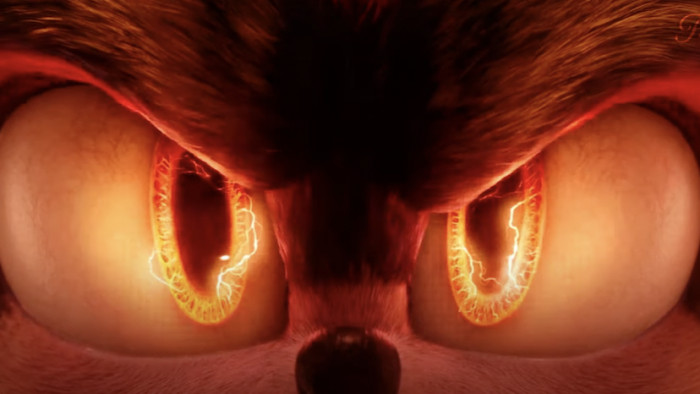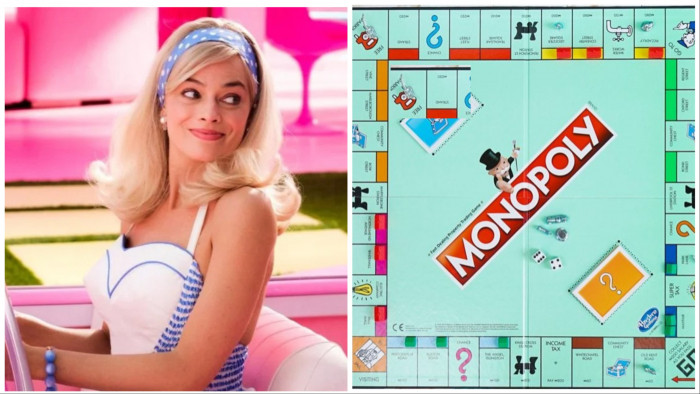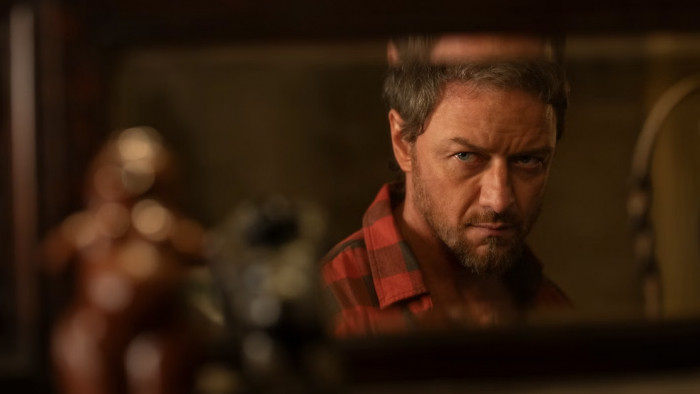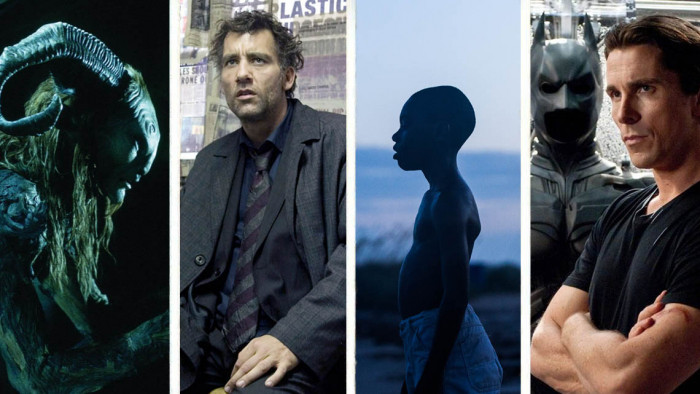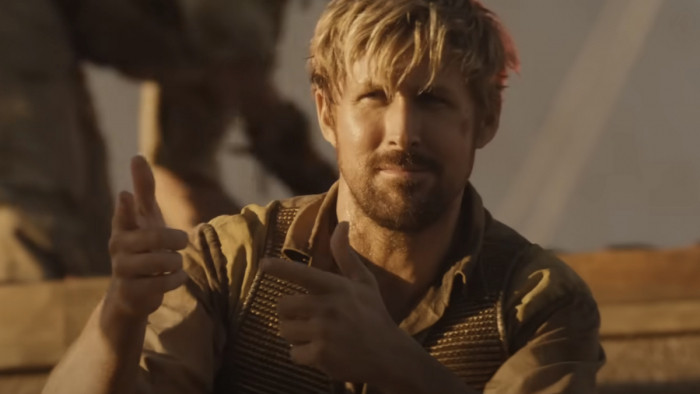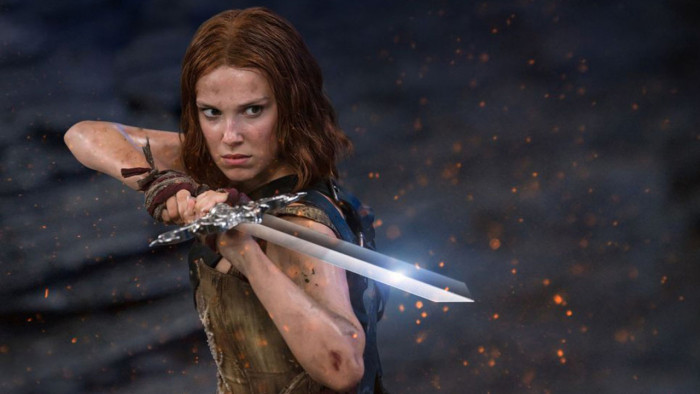John Hurt on the lessons he learnt from a life in film
With the acting icon's passing, we revisit a recent interview in which Hurt discusses his career


Following the passing of Sir John Hurt at 77-years-old, we’re re-publishing our interview with the acting icon from last year, when he talked to Ralph Jones about his life in the industry.
On making decisions...
If I’d listened to advice I wouldn’t have a career. I never seek anything out. I never pursue a particular ambition. In that sense I’m not ambitious. If I seek it out, I won’t get it.
If I hang around, somebody will come up and say, “Hey, what about doing this?” Very often, actors are the worst people to choose their own material. They have a romantic idea of themselves.
On his image...
I am the result of other people’s imagination. I didn’t see myself as Caligula, quite honestly. I always thought I was bit more balanced than that. Why would I see myself as Caligula? But somebody did. And thank God they did because that’s when it works.
Wanting to become an actor...
When I was nine, I was doing a Maeterlinck play called The Blue Bird – playing the girl. I was always playing girls because I was very small, and quite pretty, and had rather a high voice. I was suffused with the knowledge that I was in the right place. I can’t put it any other way. It was just absolutely clear as a bell. It was the first formal play I’d done in front of an audience that was organised. Very lovely place, actually – it was down in the refectory of the prep school. My parents loved the theatre but they couldn’t conceive of one of theirs being one of them.
I didn’t want to follow my brother to university; I wasn’t academically interested. I knew what I wanted to do but, of course, you did what your parents told you in those days. The reason they offered [for] why I couldn’t go into acting was because the two things that were required after the War was security and respectability. Acting didn’t offer either of them. So the only other thing I could do was drawing and painting. You could teach that. Nobody taught drama..
My parents loved the theatre, but they couldn't conceive one of theirs being one of them.

On the importance of theatre...
If the worst came to the worst and everything got shot to pieces and we had to start again, we’d start with an audience. That’s where you’d have to start.
The power of The Elephant Man...
I could talk about it for hours. It was full of innovation. You just knew you were in something that was an event. Nobody had heard of David Lynch at all, except for the cognoscenti, who, of course, were well aware of Eraserhead.
He insisted on making it in black and white. Not like Raging Bull, which was grey. Black and white on black and white stock, which is a much trickier area – it’s brittle, it’s difficult, and there are few people who can light it left – hence Freddie Francis came in to light it. He’s a master of black and white. He was going a great deal on Truffaut’s adage: “The trouble with colour is it gives away too much information.”
[The role] was carefully engineered as a sell, as I think they felt that nobody would want to play this part. David intended to use make-up that was as close to Merrick as we could get; you were going to be unrecognisable. I said, “You don’t have to sell this to me – I’m going to do it anyway.” There was a terrific silence in the room.
My agent was livid – “Don’t tell them that!” he said. “I’ve got no arguing power now!” I was a new boy. I was quite flattered by their delight.

When I was nominated for it, one of the producers said, “Well, John, I don’t think you’re gonna get it.” And I said, “Well, thank you for your confidence, but I rather agree with you. Why do you think I won’t get it?” He said, “No one can see who you are.” And I said, naively, “I thought that was the point.” David did the make-up to start with, and it was a disaster because it just came out like a mask and it didn’t move. They allowed him that freedom because he made the baby in Eraserhead, which was so staggeringly ghastly. We had to get Christopher Tucker in; he took on the make-up. He said, “I’ll do it. I would normally take six months but I can do it in six weeks. It’s going to be really intense.”
He had a little studio down in the Old Kent Road. And I was down there with the cast of John Merrick in there, modelling, sculpting and working away night and day. I persuaded Chris not to get it done in six weeks. I didn’t want the Elephant Man introduced too early. I thought you should have to wait as long as possible.
It really was intense. The length and time to put it on, which was seven hours, was incredibly concentrating. When we did finally get it together and the company was called, they’d been standing around for ages. I was going to be revealed to the company and to Anthony Hopkins. I thought, “If there’s one giggle, we’re screwed.” It was a big dramatic reveal. Total silence. You could have heard a pin drop. Hopkins said, “It is amazing. Completely amazing.” It made the whole thing possible. In that moment, everyone knew it was going to work.
Latest
Related Reviews and Shortlists


